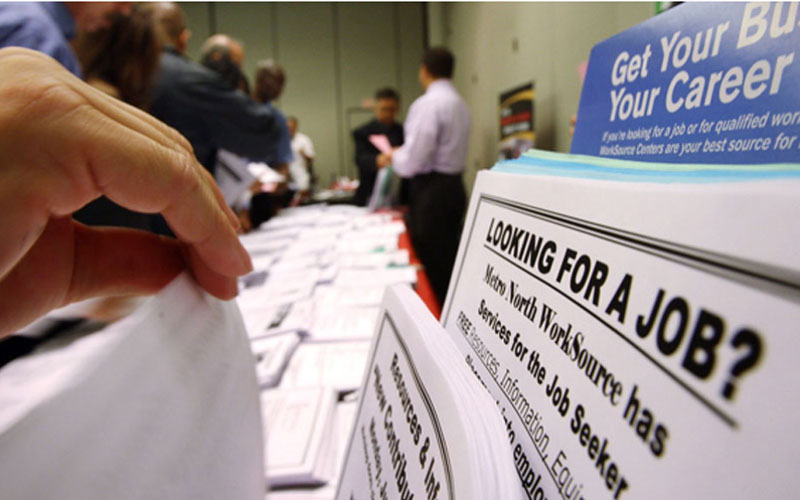The Strategic Forum for Public Policies and Development Studies “Draya” published an analytical study highlighting the evolution of the Egyptian investment climate in Egypt, opportunities, challenges and ways to promote .
The first part of the study highlighted the investors, investment-attractive sectors, direct and indirect investment, especially as the investment sector has witnessed a significant development. Additionally, the study demonstrates how the foreign investment flows to Egypt despite the decline in investment volume globally due to the global economic crisis that is ravaging the world after coronavirus outbreak and the Russian-Ukrainian war.
The second part of the study, published on the website Draya-eg.org, addresses the impact of improving investment climate on the local economy as achieving diversified economic growth for sectors, declining of the unemployment rate, enhancing foreign exchange reserve, improving balance of payments and overall budget performance and finally narrowing financing gap, as well as looking beyond the investment sector’s future prospects in terms of opportunities, challenges and possible ways to address them.
The study confirmed that while most of the world’s economies achieved negative growth rates, the Egyptian economy succeeded in maintaining positive growth rate, at 3.6% and 2% during the fiscal years 2019/2020 and 2020/2021, citing the World Bank’s Global Economic Prospects report which said that Egypt’s economy grew at a faster rate than expected into fiscal year 2020/2021, and raised Egypt’s growth forecasts to 5.5% in FY2021/2022, while ranking Egypt among the top 30 countries contributing 83% to the global economy for 2020.
Dr. Salah Hashem, Chairman of “Draya” Forum, confirmed that the hard work in all economic sectors led by national projects and the private sector caused a real revival to the Egyptian labour market, contributing to a decline in the unemployment rate, which fell from 13.2% in 2013 to 7.5% in the third quarter of 2021.
Hashem: Egypt has the second – highest return on investment in the world
Hashem said that the Central Bank of Egypt succeeded in providing the foreign currency reserves as the period following the liberalization of the exchange rate has witnessed a noticeable increase in foreign currency flows. He explained that Egypt has the second – highest return on investment in the world, which underscores the importance of the Egyptian market as one of the most important investment destinations at regional and international levels.
Domestic inflation rates within safe and predictable limits
In response to certain doubts regarding the ability of the Egyptian economy to overcome the global economic crisis and false reports alleging a sharp spike in inflation rates in Egypt “, Salah Hashem confirmed that recent rates of domestic inflation remain within safe and predictable limits, especially in the light of current global surge in inflation and investments in the energy sector over the past five years that have contributed to reducing the negative effects of external tensions.
Per capita GDP , equitable income distribution are improved by “Decent Life“
With regard to the allegations concerning a decline in per capita gross domestic product (GDP), Hashem explained that digital transformation, together with about EGP 700 pounds planned for “A Decent Life” initiative, would enhance average per capita (GDP), as well as achieving equity in income distribution.
He added that these allegations came despite of the International Monetary Fund decision to raise its forecast for GDP growth to 5.6% amid the global economic slowdown.
The Chairman of “Draya” Forum underlined that the government’s support to the private sector participation and the strengthening of industrialization capacities enhance the sustainability of growth rates as well as achieving financial and monetary stability, provided that public financial control mechanisms are achieved.
Additionally, the study confirmed that investment in the industrial sector is highly needed to boost the gross domestic product, in addition to the fact that investments in infrastructure spared the national economy stagflation risks.




